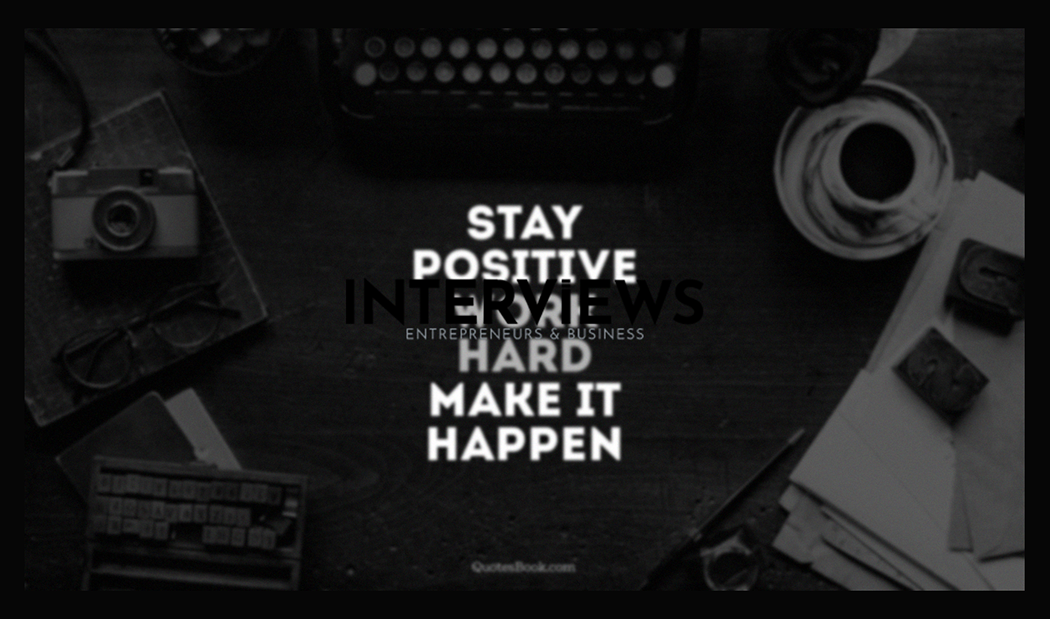The Toughest Job on Earth: It’s Not Just Breaking a Sweat
When we think of tough jobs, we picture hard labor under extreme conditions. Sure, those jobs are tough. Consider ‘vymorozka’, a Russian term meaning ‘freezing out’. Imagine working in -50 degrees Celsius, chipping ice off ships for weeks. That’s severe cold. Toughness is more than just physical. It mixes physical, mental, and emotional strain. Let’s explore what truly makes a job tough.
Physical Battles: Jobs That Demand Your All
Some jobs are physically demanding. Roofing and demolition are brutal. Climbing on roofs under the sun or tearing down structures takes a toll. Logging is among the most dangerous jobs globally. Massive trees, heavy machines, and nature’s threats make it risky. Don’t forget firefighters. They carry heavy gear, fight overwhelming heat, and confront danger daily. The injury rates are staggering. Police and military personnel face extreme physical demands too. Special forces training pushes humans to the edge. The list goes on: ironworkers, oil rig workers, commercial divers, and miners all lead tough lives. Even jobs like nursing, personal training, chiropractic work, and dancing require significant resilience.
The Mind Games: When Your Brain is the Battlefield
Physical toughness is half the equation. Some jobs attack the mind. Consider air traffic controllers managing lives every minute. They require intense focus and quick decisions. Healthcare workers carry heavy emotional burdens from life-and-death situations. Forensic technicians solve grim puzzles, while military and police personnel deal with stress daily. Social workers face complex issues, and broadcasters work under scrutiny. Newspaper reporters have constant deadlines, while emergency dispatchers provide calm in chaos. Mental health counselors absorb emotional weight, and frontline staff encounter daily challenges. Even executives and analysts operate under high pressure. Many careers are incredibly stressful. The healthcare sector tops the list, but social services and construction also present mental demands.
Danger Zones: Where Every Day is a Gamble
Then there are roles steeped in danger. Aircraft pilots and flight engineers handle complex machines at high altitudes. Roofers, structural workers, and recyclable material collectors face hazards daily. Delivery drivers and agricultural workers risk accidents from traffic and machinery. Construction workers, landscapers, and groundskeepers navigate dangerous conditions. Explosive ordinance disposal specialists face immediate dangers. Their jobs involve life-or-death situations. One mistake can lead to dire outcomes.
Extreme Measures: Beyond the Comfort Zone
Some jobs push human endurance to its absolute limits. Think of ‘vymorozka’ again at -50 degrees Celsius. Deep sea fishermen brave ice-cold waters and rough waves. These roles challenge comfort zones daily.
The Unsung Heroes: Hard Work in Unexpected Places
Let’s give credit to hard work often overlooked. Healthcare workers deserve recognition. They endure long hours, emotional tolls, and constant demands that frequently go unnoticed. They are vital for our well-being. Their work is tough in various ways.
The Everest of Skills: Climbing the Expertise Mountain
Toughness isn’t just physical or emotional; it can be about mastering difficult skills. Consider artificial intelligence, cloud computing, or cybersecurity. These complex fields require constant learning. Data engineers, IT project managers, software developers, and UI/UX designers thrive in this hard-working environment. Skilled trades like electrical work, HVAC, carpentry, plumbing, and insulation are tough to master, requiring years of training and experience. Diagnosing electrical faults or aligning drywall is far from simple.
The Misery Index: When Job Satisfaction Tanks
Interestingly, ‘tough’ can also mean emotional drain that leads to unhappiness. Pharmacy technicians, project engineers, teachers, administrative assistants, cashiers, general managers, data analysts, and customer service reps rank among the unhappiest jobs. Low pay, appreciation issues, repetitive tasks, and difficult clients create soul-crushing scenarios. Here, toughness involves enduring the daily grind.
The Titans of Tough: Individuals Who Redefine Limits
When discussing individual toughness, David Goggins stands out. His journey from Navy SEAL to ultra-marathon runner is remarkable. His military career and training push human boundaries and capacity. He exemplifies mental and physical resilience, showcasing what the human spirit can endure.
The Grind Around the Globe: Where Overwork is the Norm
Now let’s consider the broader picture. ‘Tough jobs’ extend beyond individuals; entire countries face overwork cultures. Bhutan, India, Bangladesh, Mauritania, Congo, Burkina Faso, Pakistan, and the UAE commonly top overworked nations’ lists. This highlights systemic pressures and cultural norms that foster collective toughness.
The Linguistic Labyrinth: When Learning Itself is a Battle
Even language learning can be ‘tough’ work. Mandarin Chinese often tops lists for hardest languages to learn for English speakers. Its tonal nature and complex writing system pose significant challenges. Mastering Mandarin requires immense dedication and perseverance.
The Bottom Line: Toughness is a Spectrum
So, what’s the toughest job on Earth? The answer isn’t simple. Logging workers face deadly challenges. Roofing and demolition entail physical brutalities. Aircraft pilots, roofers, refuse collectors, delivery drivers, agricultural workers, construction workers, and landscapers navigate demanding situations. Toughness spans endurance, resilience, fortitude, and mastering complex skills. It’s about facing danger and enduring extreme conditions. The “toughest job” might be the one testing you in unexpected ways. It could be the very job you have right now.





